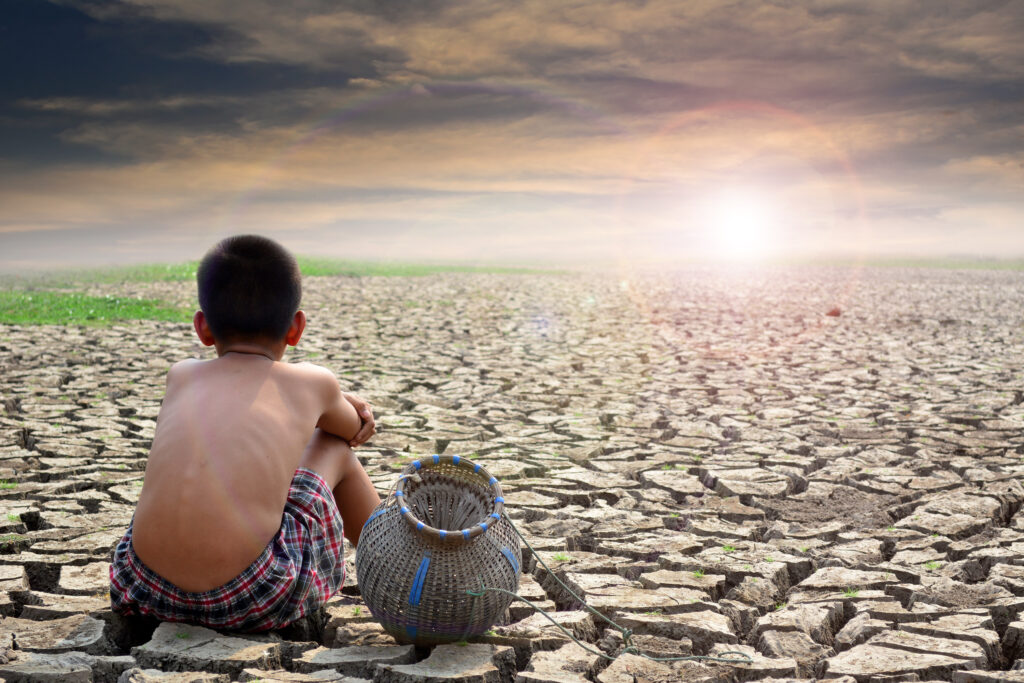This website uses cookies so that we can provide you with the best user experience possible. Cookie information is stored in your browser and performs functions such as recognising you when you return to our website and helping our team to understand which sections of the website you find most interesting and useful.
International organizations and adaptation governance: Lessons for policymaking
Summary
In this policy brief, authors from Stockholm University summarize key insights from their Mistra Geopolitics research on climate adaptation governance. First, they sketch out how, and the extent to which, 30 IOs mainstreamed adaptation from 1990 to 2017.
Second, they focus on the role of the following three UN agencies’ adaptation governance in the climate-conflict, climate-health and climate-migration nexuses: UN Environment, UN High Commissioner for Refugees (UNHCR), and the World Health Organization (WHO).

Key messages
- Adaptation has been increasingly mainstreamed into different policy areas related to global governance, such as health, migration and security.
- International organizations play an important role in reducing the knowledge gaps regarding complex adaptation problems and in bridging fragmented policy communities.
- To mainstream adaptation, international organizations require adequate funding and the ability to anticipate climate risks, geopolitical shifts and state interests.
Conclusion
Taken together, knowledge uncertainty and fragmented policy communities emerge as the two key challenges to global adaptation governance in our research.
To improve global responses to climate risks in times of an accelerating climate crisis, it is ever more important that IOs seek to improve the evidence base and integration of adaptation responses across sectors.


 30/04/2021
30/04/2021

 Authors of this publication
Authors of this publication
